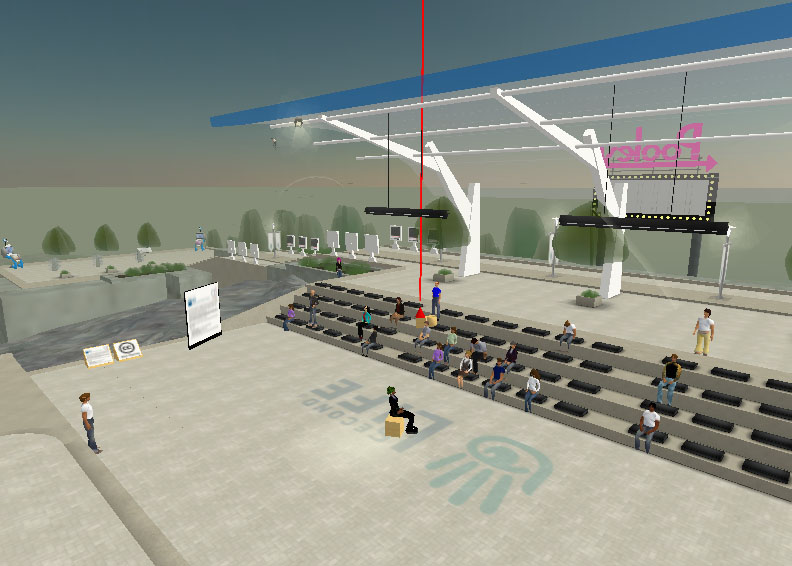 As I've mentioned previously, today I took part in an online event to mark World Intellectual Property Day, held within the Second Life space. Very interesting event, with only a small number of technical issues. I did make a recording of it, but I think there was also an official recording which I imagine will be available in due course... Anyway, here's (roughly) what I said:
As I've mentioned previously, today I took part in an online event to mark World Intellectual Property Day, held within the Second Life space. Very interesting event, with only a small number of technical issues. I did make a recording of it, but I think there was also an official recording which I imagine will be available in due course... Anyway, here's (roughly) what I said:












